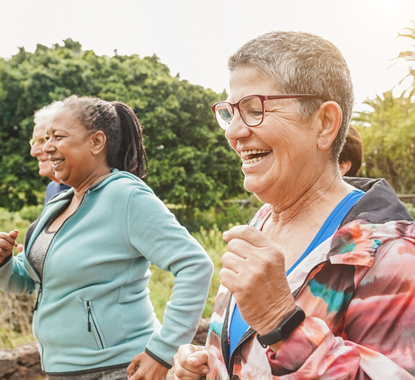According to a 2020 report from the National Academies of Sciences, Engineering, and Medicine (NASEM), more than one third of adults aged 45 and older feel lonely.
The NASEM report claims that social isolation increases the risk of premature death, which is associated with a risk for dementia and increases the risk of cardiac disease and stroke.
There is much talk about loneliness and social isolation in people aged 65 and over, who may no longer be working, have lost their spouse, or are no longer socially active. However, according to the current standards of generational behavior, those between the ages of 40 and 50 still find themselves in a professional stage of production, physically active, and with plenty of opportunities for friendships and a social life. The “new 50s“ is the term used for those who are at the peak of their professional career, reaching sporting achievements or looking after their image, health, and overall wellbeing. However, these attitudes toward life do not exempt them from feeling loneliness or maintaining habits of social isolation.
The Centers for Disease Control and Prevention (CDC) state that, “while it is difficult to accurately measure social isolation and loneliness, there is strong evidence that many adults aged 50 or older are socially isolated or feel lonely in some manner that puts their health at risk.”
The characteristic feature of loneliness is that, since it is a subjective feeling, it can only be recognized by those who truly identify it within them. Regardless of a person’s environment or lifestyle, loneliness is felt individually and can cause negative emotions. According to recent scientific studies, it also harms their physical health. People who feel lonely are at a higher risk of conditions and diseases. Loneliness can be caused by countless factors, including social isolation, which is the objective reality of having little contact with other human beings.
For the sake of one’s emotional health and in order to prevent a decline in physical health, it is essential to stay in touch, engage in physical activities with others, seek in-person social relations, and spend time strengthening interpersonal relationships.
Socializing is healthy, Have a talk about it with your doctor!





